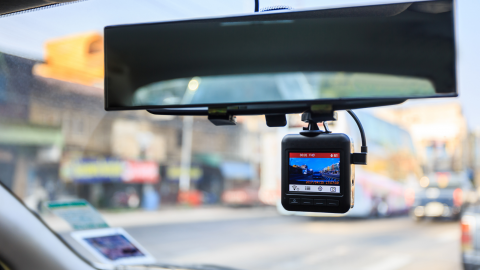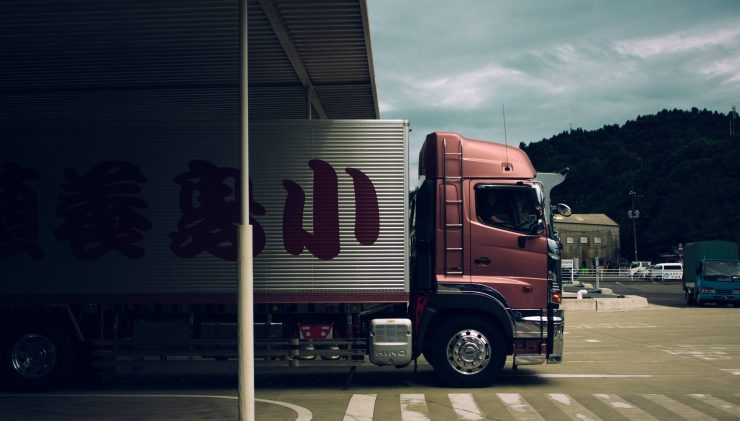 The Alarming Rise in Cyber Risks in the Transportation Industry
The Alarming Rise in Cyber Risks in the Transportation IndustryImagine this scenario…
An employee is involved in an automobile accident while driving one of your company vehicles. Your driver swears he did nothing wrong and the accident wasn’t his fault. But the other driver has a different story. Police are called, insurance companies are notified, lawyers are brought in, and now you’re mired in a potentially costly legal “he said, she said” liability claim.
There’s one thing that could have prevented the post-accident confusion: a dash cam in your company vehicle.
Let’s face it – it’s dangerous out there on the road. Not every driver has the same level of driving skill or consideration as other drivers. That’s a big reason that dash cams have become so popular in both commercial and personal vehicles.
Should You Install Dash Cams in Your Commercial Vehicles?
As with anything, there are pros and cons you should weigh carefully before deciding. Here are some of the pros:
- Praise from the National Transportation Safety Board as one of the most highly sought after road safety improvements.
- Protection from liability. As noted in the scenario above, having a record of what happened can help prove what happened and who is at fault in an accident. This can directly impact your insurance rates and driving records.
- Faster insurance claim resolution. With irrefutable video evidence, it’s much easier to place fault where it belongs, which speeds up the insurance claims process.
- Accident fraud prevention and mitigation. Insurance scams and driver fraud are a problem around the globe. Scammers figure company vehicles are lucrative targets because companies have money. One such scam involves an offending driver passing a large commercial truck and slamming on the breaks to cause an accident. Once hard to discredit, these types of scams are no match for video evidence.
- Fleet-wide real-time GPS monitoring. Some camera systems include GPS monitoring, which can help you better manage your fleet, make sure vehicles are being used only for business purposes, and keep track of a vehicle’s progress.
- Improved driver behavior. Adding a camera system instantly adds a level of caution to your drivers, which could save your company money through better driving habits.
- Reduced insurance premiums. Many insurers recognize the benefits of having dash cams installed on commercial vehicles and offer discounts for that option.
Despite the obvious benefits, there are some drawbacks to using dash cams.
Here are some of the cons:
- Privacy concerns. Many truck drivers eat, sleep, and do other personal things inside their trucks when they’re on the road, and nobody wants their every move watched and recorded. With a camera system that monitors the inside of your company vehicles, drivers may not be happy about the invasion of their privacy.
- Driver concerns about micromanagement. Even experienced drivers face occasional challenges. Dash cams may open the door for employers to second guess their drivers’ decisions on the road, leading to friction between drivers and management.
- Distraction. Dashboard cameras can also be a distraction much like having a smartphone in the vehicle, and they can also create a blind spot.
- Theft. Dash cams are generally mounted in plain sight of passers-by, which may encourage theft.
- Potential to invade privacy. Devices that have Wi-Fi and the capability to instantly upload video footage to social media could get you in hot water for invading someone else’s privacy.
Conclusion
Dash cams are versatile tools for preventing fraud, improving driver behavior, and better managing your fleet. Just be aware of the potential drawbacks before you make the decision to outfit your fleet.
For more risk management advice, talk to the transportation insurance experts at Heffernan Insurance Brokers.


